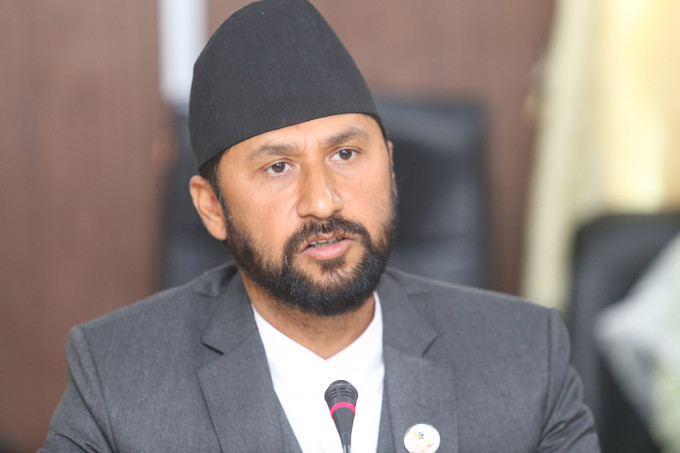Less than half the women in 57 developing countries are denied the right to say 'no' to sex with their partners, to decide whether to use contraception, or to seek health care, a UN report said on Wednesday.
The report by the UN Population Fund said the data covers only about one-quarter of the world’s countries, over half in Africa. But the findings 'paint an alarming picture of the state of bodily autonomy for millions of women and girls' who don’t have the power to make choices about their bodies and their futures without fear or violence, it said.
The fund said only 55% of girls and women in the 57 countries are able to decide whether to have sex, whether to use contraception and when to seek health care such as sexual and reproductive health services.
“The denial of bodily autonomy is a violation of women and girls’ fundamental human rights that reinforces inequalities and perpetuates violence arising from gender discrimination,” said the fund’s executive director, Dr Natalia Kanem. “The fact that nearly half of women still cannot make their own decisions about whether or not to have sex, use contraception or seek health care should outrage us all.”
According to the report, 'My Body Is My Own', percentages vary across region.
While 76% of adolescent girls and women in east and southeast Asia and Latin America and the Caribbean can make decisions on sex, contraception and health care, less than 50% can in sub-Saharan Africa and central and south Asia, the report said.
There are also differences within regions. Citing one example, the report said that in three countries in sub-Saharan Africa - Mali, Niger and Senegal - less than 10% of adolescent girls and women control all three of those decisions.
Regional difference between countries on the three decisions are less pronounced elsewhere but still vary widely, ranging from 33% to 77% in central and south Asia, from 40% to 81% in east and southeast Asia, and from 59% to 87% in Latin America and the Caribbean, the report said.
The fund, which now calls itself the UN’s sexual and reproductive health agency, also cited inconsistencies within countries.
In Mali, for example, 77% of women take independent or joint decisions on contraception but just 22% are able to do the same when it comes to health care, the report said. In Ethiopia only 53% of women can say 'no' to sex, while 94% can independently or jointly make decisions about contraception.
Kanem said in the forward to the report that many women are also denied the right to choose the person they marry, or the right time to have a child 'because of race, sex, sexual orientation, age or ability'.
“Real, sustained progress largely depends on uprooting gender inequality and all forms of discrimination, and transforming the social and economic structures that maintain them,” she said. “In this, men must become allies.”





1672397318_680.jpg)

